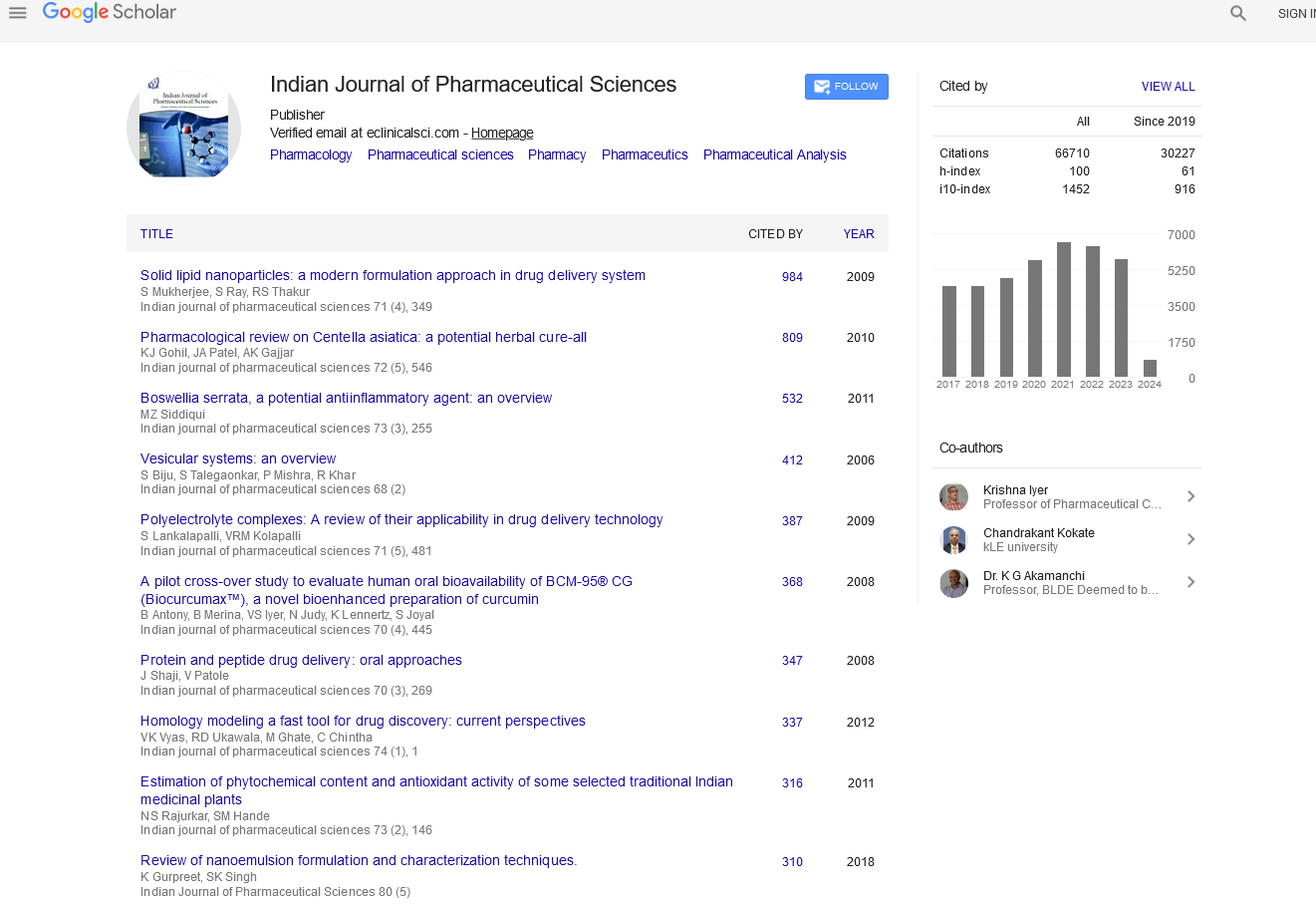Abstract
Yi-Chi-Tsung-Ming-Tang Reduced A beta(1-40)-induced Neurotoxicity via of Acetylcholine and NMDA Receptors Expression, ROS Generation and Tau Phosphorylation
Department of Sport and Health Management, College of Nursing and Health, Da-Yeh University, Department of Neurology, Yuan Rung Hospital, Changhua, Department of Nursing, College of Medicine and Nursing, Hung-Kuang University, Department of Chinese Pharmaceutical Sciences and Chinese Medicine Resources; College of Pharmacy, China Medical University, Taichung, Department of Cardiology, Yuan Rung Hospital, Changhua, Department of Anatomy, School of Medicine, Chung Shan Medical University, Department of Optometry, Asia University, Department of Medical Research, China Medical University Hospital, China Medical University, Department of Pharmacology, School of Medicine, Chung Shan Medical University, Department of Pharmacy, Chung Shan Medical University Hospital, Taichung, Taiwan
Correspondence Address:
Department of Pharmacology, School of Medicine, Chung Shan Medical University, Department of Pharmacy, Chung Shan Medical University Hospital, Taichung, Taiwan E-mail: kuanyh@csmu.edu.tw
Yi-Chi-Tsung-Ming-Tang is a traditional Chinese medicine formula often prescribed for preventing or treating dizziness, tinnitus, mental fatigue and blurred vision. Recent study has demonstrated that Aβ(1-40)-induced neurotoxicity could be improved by this drug. The aim of present study was to determine the effects and protective mechanism of Yi-Chi-Tsung-Ming-Tang on Aβ(1-40)-induced death of primary cortical neurons. Primary cultures of Sprague-Dawley rat cortical neurons were exposed to Aβ(1-40), after the treatment with Yi-Chi-Tsung-Ming-Tang for 1 h. Methyl-thiazolyl-tetrazolium reduction assays were used to detect cell viability and the expression of acetylcholine receptors, N-methyl-D-aspartate receptors and phosphorylated and non-phosphorylated forms of tau were measured by western blot. Fluorometric assays were applied to detect the generation of reactive oxygen species. Pretreatment of primary cortical neurons with Yi-Chi-Tsung-Ming-Tang significantly inhibited Aβ(1-40)-induced cytotoxicity and reversed Aβ(1-40)-induced β-amyloid accumulation and acetylcholine receptor expression in a concentration-dependent manner. In addition, not only the Aβ(1-40)-reduced expression of N-methyl-D-aspartate receptors 1/2A was reversed but also the Aβ(1-40)-induced reactive oxygen species generation and tau phosphorylation expression were inhibited by Yi-Chi-Tsung-Ming-Tang in a concentration-dependent manner.





